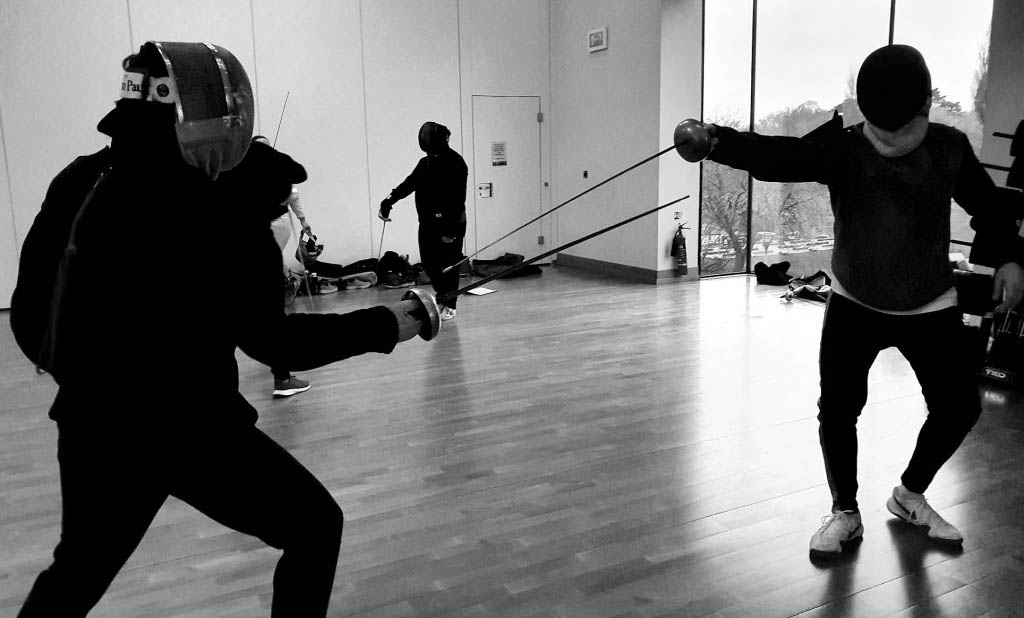The BAFs higher awards – Advanced and Diploma – focus almost entirely on the skills of coaching the competitive fencer up to the very highest levels.

At this point, the coach’s technical skills should be assumed. Therefore, the course and exams focus entirely on your ability to deliver effective coaching that enhances the pupil’s competitive performance—technique, timing, distance, tactical application, and more.
The BAF does not impose any entry requirements for those wishing to put themselves forward for these awards. However, it much be emphasised that reaching the standard required to pass such exams, entails intense and sustained commitment to training prior to coming on any such course, or substantial coaching / competitive experience at the very highest levels. Any attempt to pass such a level based simply on an occasional weekend or residential course is likely to result in frustration for all concerned. The Academy reserves to right to refuse places on its courses to applicants it deems unsuitable.
Potential advanced or diploma participants are strongly urged to contact us as early as possible to obtain advice concerning their preparation for the course or exam.
Levels
If you wish to become full Masters of the Academy, you will also need to sit a two-hour written examination. In addition to testing your knowledge of anatomy and physiology, it covers rules and regulations, coaching theory, and includes an essay on general fencing topics.
Qualifications
Master of the Academy (Maître d’Armes)
Fencing Coaches who have passed The Academy’s Diploma Examination (Written Papers and Practical Examinations) in all three weapons, or those who hold equivalent qualifications accepted by the Committee.
Maître d’Escrime
Fencing Coaches who have passed the Diploma Examination of The Academy at one or more weapons but have yet to fulfil the requirements to become a fencing master, or those who hold equivalent qualifications accepted by the Committee.
Provosts
Fencing Coaches holding the Provost Certificate of the British Academy of Fencing or who have passed The Academy’s Advanced Examination (written Papers and Practical Examinations) in all three weapons or those who hold equivalent qualifications accepted by the Committee.
